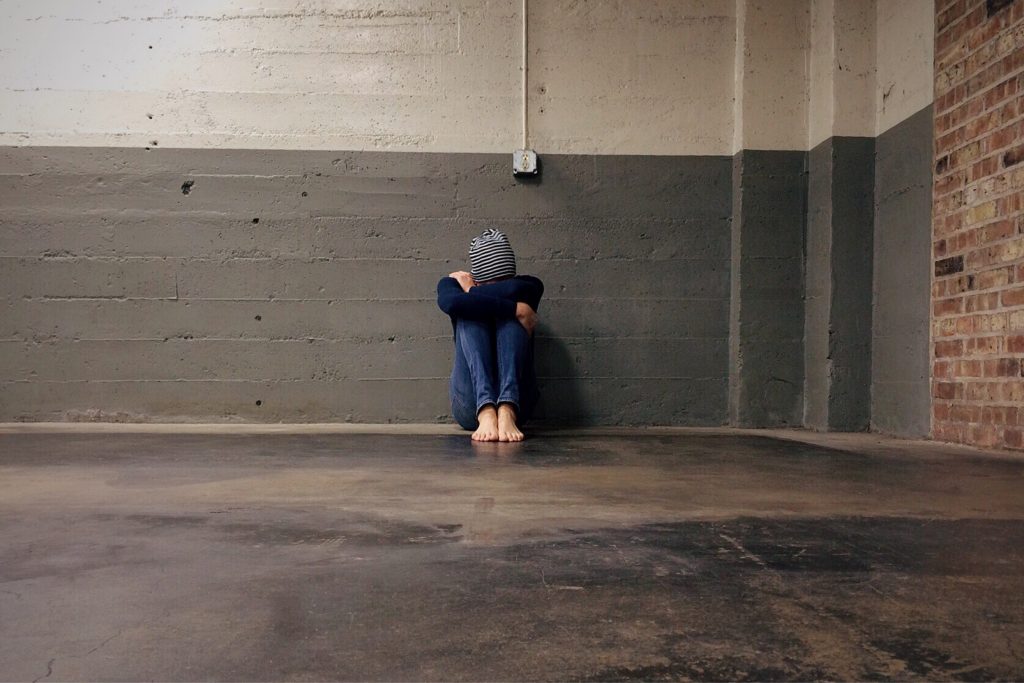There are a lot of couples therapy misconceptions. If you need a professional to help re-build your relationship, read this guide.
There is no such thing as a perfect relationship, even if you’ve been together for 50 years. But despite the fact that divorce rates have been hovering between 40 to 50 percent, there’s still hope for couples who have a strong desire to make it work.
Recent research revealed 75 percent of couples who did couples therapy believed they were “better off” after counseling. Sixty-five percent reported “significant” improvement in their relationship. And two years later, 50 percent of couples who sought therapy were still going strong.
Although some experience anxiety wondering if therapy will help you stay together, that’s the risk you must be willing to take. Seeing a couples therapist is a healthy way to explore your relationship patterns. It can also help you get unstuck from any issues that keep coming up.
Better communication with your partner is the ultimate goal. Consider therapy an investment in both your relationship and your mental health. Continue on to learn more about how couples therapy can work for you.
What is Couples Therapy?
Couples therapy, or marriage counseling, helps couples resolve conflicts. Partners learn ways to enhance their relationship with better communication tools and listening strategies. A licensed marriage counselor or psychotherapist helps guide couples through the process.
Treatment is on a short-term basis but sometimes can develop into long-term given the circumstances.
Common Misconceptions About Couples Therapy
When a couple decides to seek help for their relationship, it is a positive step in the right direction. Although relationship counseling is beneficial, sometimes unrealistic expectations can crop up.
A few common misconceptions about couples therapy that might prevent a couple from seeking therapy are:
1. One Person is Blamed for Most of the Relationship Issues
It’s common to avoid counseling for fear of getting blamed for relationship problems. Except for abuse or addiction history, an experienced therapist will take a fair and balanced approach to treatment.
2. Needing Individual Treatment Before Couples Counseling
Many couples put off relationship counseling because they believe they should deal with their own issues first. But that isn’t necessarily so. In fact, working on your relationship issues can pave the way for better communication and help decrease stress and anxiety.
3. We’ve Had These Issues For Years – Change is Unrealistic
No matter how many years you’ve been together, sometimes bad patterns and habits develop. This evolves into a dysfunctional relationship, which means the relationship focuses more on arguments, blame, fear, insecurities, and miscommunication.
But being in a dysfunctional relationship is not a completely hopeless situation. Relationship counseling helps with some of these patterns and redirects you toward more positive interactions and behaviors with each other.
Who Benefits from Couples Therapy?
Whether you are in a same-sex marriage, long-term relationship, or are engaged to be married, there are numerous benefits of seeking therapy. Some couples seek therapy because they have fallen into unhealthy communication patterns. Others require therapy as a tool to help them overcome a tragic event such as a death in the family or issues with addiction.
Below are several common reasons to seek relationship therapy:
- Communication problems
- Cheating
- Physical abuse
- Extended family issues
- Financial problems
- Control issues
- Anger management
- Sexual incompatibility
- Drug or alcohol addiction
- Death in the family
- Child rearing issues
There are more issues that can crop up for couples seeking treatment, but these are among the most frequently addressed.
How Does Couples Therapy Work?
After mutually agreeing upon a therapist, a couple begins treatment with weekly therapy sessions. The sessions last about an hour, with the therapist asking the couple key questions about the relationship and any ongoing issues.
At the first meeting, the therapist asks the couple why they are there and gets background information on the relationship. Sometimes a questionnaire is given before the first meeting. This helps address any previous issues during the first few sessions.
Depending on what style is right for you, your therapist might give you “homework” to do at home with each other. This could range from reading a chapter of the same marriage counseling book to practicing active listening exercises.
What is the Role of Couples Therapist?
The therapist’s role is often multi-faceted. In the role of mediator, they help guide the relationship into better communication territory.
As mediator (or referee as some claim), a therapist can provide an objective view of the relationship without taking sides. By devoting a fair amount of time to each patient, they help individuals address their relationship issues in a safe environment.
A therapist also acts as a teacher and helps model positive communication. Their observation skills help therapists make assessments based on their professional training.
If arguments occur during a session, an experienced therapist helps guide the couple with keeping conflict resolution. Better communication tools are offered for couples in a calm and controlled environment.
How Relationship Counseling Helps
The benefits for couples attending relationship counseling are numerous. With the primary focus on improved communication, most couples are also able to achieve the following:
- Learn active listening skills
- Tackle issues together with the guidance of a professional therapist
- Address dysfunctional patterns and work through them
- Develop a heightened awareness of partner’s concerns in an objective way
- Support each other in new ways
- Strengthen communication skills by deconstructing negative patterns
Although new communication skills are beneficial to couples, sometimes pitfalls can happen.
Disadvantages
Unfortunately, there is no guarantee that couples therapy will solve your relationship problems. Counseling sessions sometimes reveal a person’s painful past in ways that might feel too vulnerable to continue. Sometimes a couple will discover they do not want to stay together after all and break up.
Although these can be some couples greatest therapy fears, choosing to get help is the best plan.
How to Find a Great Couples Therapist
One of the most important things you can do for your relationship is to invest in treatment. But how do you take that first important step to finding the right therapist? Here are a few things to consider:
Start with referrals. Referrals are a great way to find a therapist, so ask friends, doctors, and neighbors. Look online, too.
Define your needs with your partner. Make sure you and your partner are on the same page about your therapist qualifications. Do you need someone with a religious affiliation? Is there a preference for male or female?
Make an appointment for a consultation. To find the best fit, it’s often helpful to speak with the therapist in person, or by telephone, to get a feel for their style.
Check their credentials. Background and experience are very important so confirm a potential therapist’s licensing and affiliations. Also, check if there have been any complaints or disciplinary actions filed against them.
We understand that choosing to seek counseling is a big decision and should not be taken lightly. It can be a big step to get you on the path to healing old wounds and starting anew.
When you and your partner are ready to find a therapist, we are here for you.





